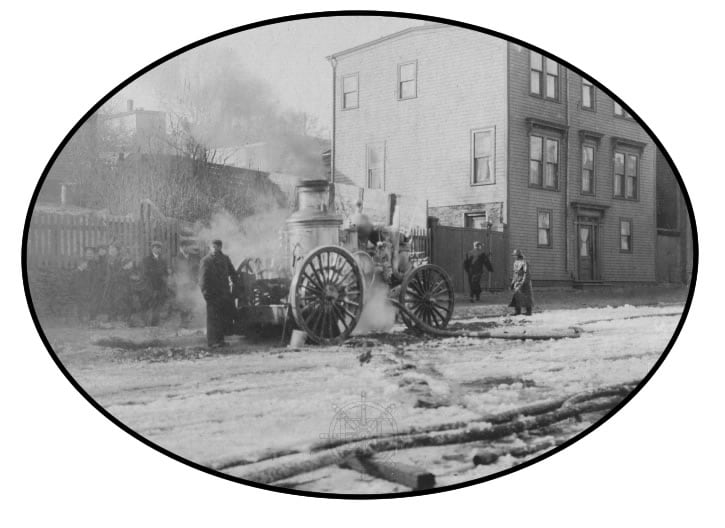Mount Temple Temp's Memories
Titanic Research
by Senan Molony
 THE replacement Fourth Officer of the Mount Temple on her homeward voyage in April 1912 was a man named William Henry Baker.
THE replacement Fourth Officer of the Mount Temple on her homeward voyage in April 1912 was a man named William Henry Baker.He is the temp who signed himself ‘W. H. Baker’ in subsequently writing to Captain Stanley Lord of the ss Californian…
Baker said – among sensational other things – that he had been taken out of the Empress of Britain at short notice to replace an officer of theMount Temple who departed that vessel after the crossing coinciding with the Titanic disaster.
Officer Baker was a highly accomplished man, married to a highly accomplished woman.
A majestic watercolourist of maritime scenes, he was also a photographer of some ability.
The full story of William Henry Baker is told in my new book “Titanic Scandal: The Trial of the Mount Temple
Here, with the kind permission of the copyright owner, a descendant, are a handful of the thousands of photographs Baker took – ones that Encyclopedia Titanica readers may find of interest.
The first is a shot of the RMS Olympic, below, taken from a passing steamer on which Baker served, certainly post 1913 by lifeboat arrangement and possibly pre-WW1, although it may be during an early trooping voyage. She is not in camouflage.

The next is of the RMS Empress of Britain - from which Baker joined the Mount Temple - manoeuvring in the St Lawrence:

Another is a photograph of the Uranium Steamship Co’s Volturno, burning in mid-ocean in 1913. The ship standing nearby is identified as the Cunarder Carmania.

Among those later on the scene was the Cunarder Campania, commanded by one Arthur H. Rostron.
POSITION OF THE VOLTURNOBaker was aboard the Leyland Liner Devonian when he took a series of Volturno-related images, some of which are shown here.
The Cunard Company received the following Marconigram at 12.45 p.m. yesterday via Crookhaven wireless station from Commander Rostron, of the Campania :- "2.15 p.m., October 12th. Steamed round Volturno, latitude 47.37 north, longitude 33.45 west going south-east, about one knot per hour [sic], smoking, but hull appears to be in good condition. Liable to float indefinitely. La Touraine six hours later continued search, but did not see boats. There is no news from other steamers. High swell, north-west wind. All well."
One is a remarkable picture of Devonian lifeboats actually preparing to go to the rescue of passengers. Taken just a year after the Titanic sinking, the initial scenes on board the stricken White Star maiden voyager must have looked something like this.

Other shots show Officer Knight of the Devonian with some of his boat crew (second image below), while that below shows some of the male passengers rescued from the Volturno – which steamer ultimately sank with the disastrous loss of 131 lives.

Captain Alfred William Vincent Trant of the Devonian (1867-1934) is pictured in jolly mood after his ship’s success in saving life.


Two Officer Baker pictures shown hereafter are thought to be from the aftermath of the Halifax Explosion on December 6, 1917 – the largest man-made blast before Hiroshima.

It occurred when the aggressively-departing Imo (formerly the White Star’s Runic) collided with the explosive-packed Mont Blanc, which was heading slowly for the Bedford basin.
The blast destroyed the whole of the North End of Halifax, obliterating a train station at North Street and Hollis Street in front of the King Edward Hotel.


Baker has photographed the ruin of the King Edward, where at least one person died and more than a score were injured.
Another picture, this time from 1912, shows damage to the bow of the Empress of Britain after she was in collision that July.



Officer Baker (pictured above with camera in hand) mentioned this collision in his letter to Captain Lord of the Californian, but did not dwell upon it – as he had larger and far more momentous fish to fry.
Baker’s story, and that of a great number of other individuals aboard the Mount Temple, is told comprehensively - and in more than 170 pictures - in Titanic Scandal: The Trial of the Mount Temple
None of these images has proved worthy of inclusion, but they nonetheless have a resonance all their own.
© Senan Molony 2009


No comments:
Post a Comment